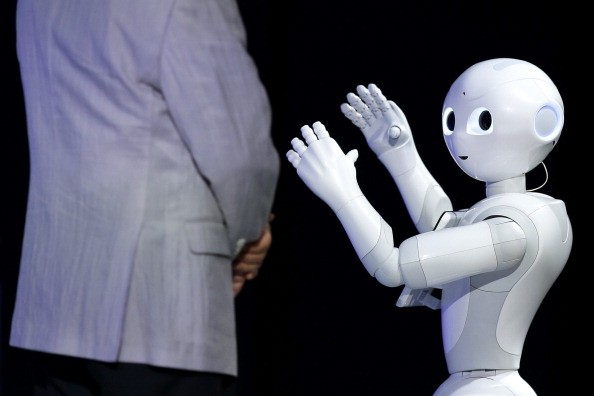By Dane Lorica, | October 09, 2016

SoftBank plans to invest in South Korea's technology sector.
Japanese telecommunications and Internet company SoftBank Group has announced its plan to invest $4.5 billion in South Korea's technology sector.
A spokesperson for SoftBank revealed that the company's founder and CEO Masayoshi Son told South Korean President Park Geun-hye that he intends to invest in smart robots, artificial intelligence and "Internet of Things." He added that the investment would cover approximately 30 years of technological advancement.
Like Us on Facebook
Son is said to have also discussed the "Internet of Things" and South Korea's semiconductor industry with the Samsung's vice chairman Lee Jae-yong.
This is not the first time the Japanese conglomerate would fund projects in South Korea. In 2015, SoftBank made its largest internet investment in South Korea worth $1 billion to Coupang, which is the biggest mobile-commerce company in the country.
SoftBank recently acquired ARM Holdings PLC, a chipmaker based in the United Kingdom for $32 billion. This is said to be the largest buyout in the European technology industry. The acquisition is expected to help the company create artificial-intelligence functions in devices that contain chips made by ARM.
SoftBank is known for products carrying artificial intelligence which include Pepper, a human-like robot capable of sensing human feelings.
-
Use of Coronavirus Pandemic Drones Raises Privacy Concerns: Drones Spread Fear, Local Officials Say

-
Coronavirus Hampers The Delivery Of Lockheed Martin F-35 Stealth Fighters For 2020

-
Instagram Speeds Up Plans to Add Account Memorialization Feature Due to COVID-19 Deaths

-
NASA: Perseverance Plans to Bring 'Mars Rock' to Earth in 2031

-
600 Dead And 3,000 In The Hospital as Iranians Believed Drinking High-Concentrations of Alcohol Can Cure The Coronavirus

-
600 Dead And 3,000 In The Hospital as Iranians Believed Drinking High-Concentrations of Alcohol Can Cure The Coronavirus

-
COVID-19: Doctors, Nurses Use Virtual Reality to Learn New Skills in Treating Coronavirus Patients







